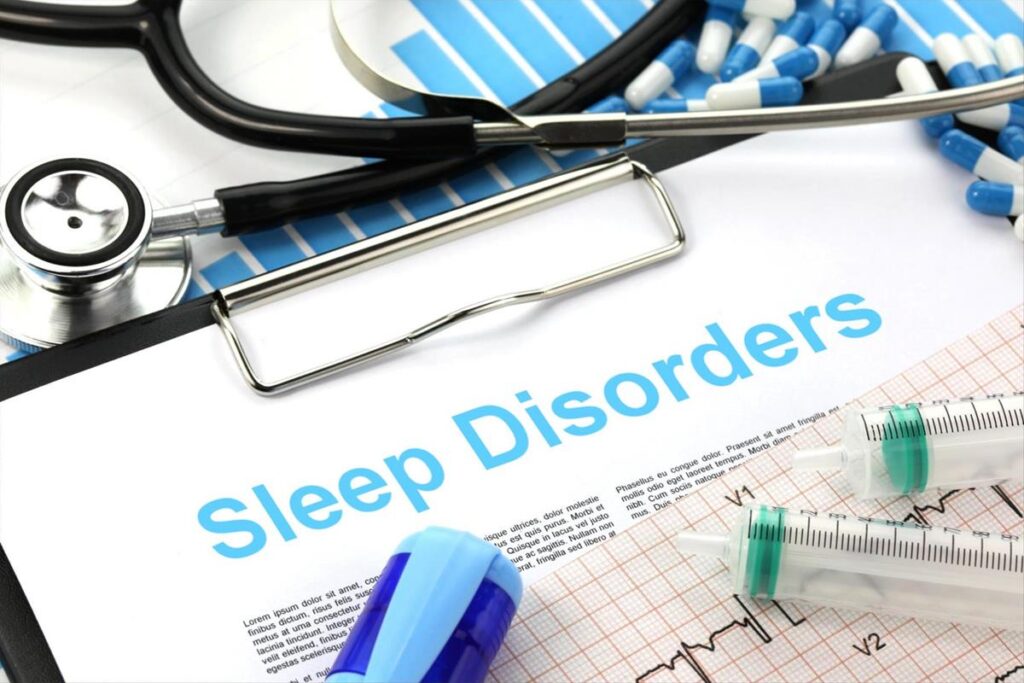If you’re finding yourself saying “I’m exhausted” more often than not, you’re not alone. Many people struggle with persistent tiredness, and while everyday stressors and irregular sleep patterns can leave you feeling worn out, there may be more to the story. Experts caution that ongoing fatigue might be a sign of underlying health conditions that deserve attention.

Sleepiness vs. Tiredness: What’s the Difference?
According to Dr. Jennifer Mundt, a clinical sleep psychologist, it’s important to distinguish between sleepiness and tiredness. Sleepiness is characterized by a lack of alertness—you might find yourself dozing off during quiet moments or napping without effort. On the other hand, tiredness is about an overall low energy level that makes even routine tasks feel overwhelming. This persistent weariness can stem from poor sleep, chronic stress, or health issues that sap your energy.

When Should You Seek Medical Advice?
Dr. Tina-Ann Thompson, a primary care physician at Emory Healthcare, emphasizes that a noticeable and prolonged drop in energy is a key sign to seek professional help. If fatigue is interfering with your ability to work, care for your family, or simply get through the day for more than two weeks, it’s time to talk to your doctor. During your appointment, be prepared to discuss:
- Onset and triggers: When did your fatigue begin, and has anything significant changed in your life recently?
- Lifestyle factors: What are your sleep habits, dietary routines, and exercise patterns?
- Mental health: Have you experienced mood shifts or heightened stress levels?
- Medications: Are you on any prescriptions that might contribute to feeling drained?

Common Medical Culprits Behind Chronic Fatigue
Several health conditions can lead to ongoing tiredness. Here are a few common issues that your doctor might explore:
- Anemia: A low red blood cell count, often caused by poor iron intake or absorption issues, can leave you feeling weak and fatigued. A simple blood test can diagnose anemia.
- Heart Disease: Although not the most frequent cause of fatigue, heart conditions—especially in women—can manifest as persistent tiredness. Given that heart disease remains a leading cause of death, screening is crucial.
- Hormonal Fluctuations: For women, hormonal changes during menstruation or perimenopause can significantly impact energy levels.
- Infections and Viruses: Lingering illnesses may sap your energy far longer than expected, resulting in prolonged periods of fatigue.
- Chronic Fatigue Syndrome: If common causes are ruled out, your doctor may consider more complex conditions like chronic fatigue syndrome or rare blood disorders.

The Role of Sleep Disorders
Even if your physical health checks out, sleep issues might be the culprit. Sleep clinics offer specialized studies to diagnose disruptions that can affect sleep quality, such as:
- Insufficient Sleep: Most adults need between seven to nine hours of sleep per night. Falling short consistently can lead to daytime drowsiness.
- Insomnia: Difficulty falling or staying asleep can create a cycle of exhaustion.
- Sleep Apnea: Interruptions in breathing during sleep may severely impact how rested you feel.
- Other Disorders: Conditions like narcolepsy or sleepwalking, though less common, can also disrupt your nightly rest.
Dr. Mundt advises that if you’re already getting the recommended hours of sleep yet still feel exhausted, consider evaluating your sleep habits. Consistency is key—going to bed and waking up at the same times each day helps maintain your body’s natural rhythm.

Practical Steps to Improve Energy Levels
While medical evaluation is essential for persistent fatigue, there are lifestyle tweaks you can adopt right away:
- Prioritize Sleep: Aim for a regular sleep schedule and create a bedtime routine that helps you wind down.
- Optimize Your Environment: Keep your bedroom dark, cool, and quiet. Minimize disruptions like TV or electronics.
- Get Active: Incorporate daily movement into your routine—exercise can boost your energy levels over time.
- Seek Sunlight: Morning sunlight exposure can help regulate your sleep-wake cycle, while dim lighting in the evening signals your body to prepare for rest.
- Nutrition and Hydration: Ensure you’re eating balanced meals rich in essential nutrients, including protein and iron, and stay well-hydrated throughout the day.

Final Thoughts
Constant fatigue is more than just a sign of a busy life—it could be your body’s way of signaling that something isn’t right.

By understanding whether your symptoms point to sleepiness or a deeper tiredness, and by working closely with healthcare providers, you can uncover potential underlying issues and take steps to reclaim your energy. Remember, feeling energized isn’t just about getting enough sleep—it’s about taking care of your overall health, one step at a time.










